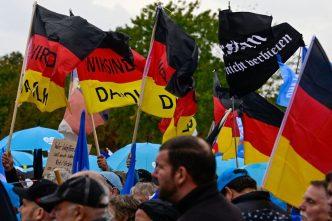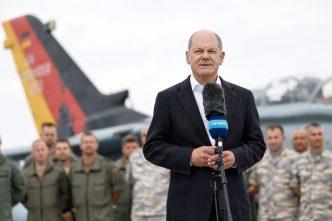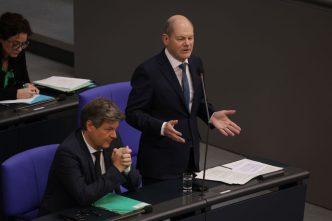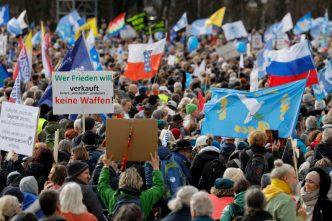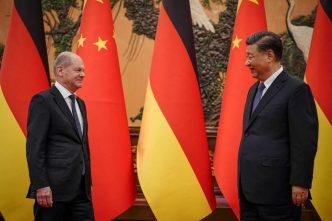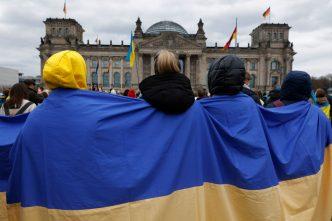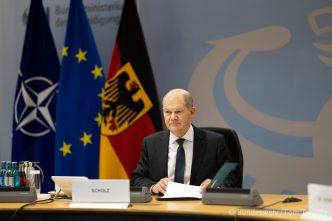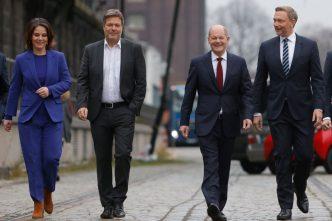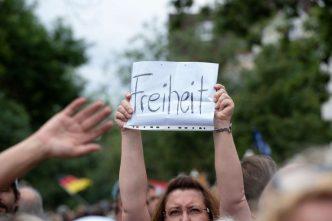Over the past two years, Germany’s largest far-right party, Alternative for Germany (AfD), has managed to consolidate the numerous splinter groups that comprise the country’s long-unsettled nationalist fringe. Defying its reputation for infighting and frequent …
After a significant delay, German Chancellor Olaf Scholz last week unveiled the country’s first national security strategy. The long-anticipated plan, introduced nearly a year and a half after Scholz stood before the Bundestag and proclaimed …
The policy bottlenecks that many people thought would impede Germany’s Ampelkoalition (‘traffic-light coalition’) have materialised, well into its second year in power. The country’s first three-party government since the 1950s, comprising the Social Democrats, the …
Two months after Russia’s invasion of Ukraine last year, Jürgen Habermas, perhaps Germany’s leading public intellectual, published a commentary that triggered one of the country’s most ferocious political debates in decades. Habermas asked how Germany …
Just days after Russia’s invasion of Ukraine, German Chancellor Olaf Scholz declared that Germany’s approach to defence and foreign policy would undergo a Zeitenwende (epochal change). And in various commentaries and speeches since then, he …
It has now been more than six months since German Chancellor Olaf Scholz stood before a special session of the Bundestag to address Russia’s unprovoked attack on Ukraine. ‘We are living through a watershed era. …
After the fall of the Berlin Wall, the newly reunited Germany became a champion and leading exponent of the emerging liberal international order. Germany saw itself, and presented itself to the world, as an economically …
The time-honoured American tradition of assessing a government’s first 100 days has found its way to Germany, where pundits are scoring the performance of Chancellor Olaf Scholz’s Ampelkoalition (‘traffic light coalition’), comprising the Social Democrats …
After eight weeks of negotiations, Germany has a new government. For the Social Democrat Olaf Scholz, who succeeds Angela Merkel as chancellor, the much-anticipated coalition agreement augurs nothing less than a revitalised progressive Mitte, or …
On 1 August 2020, about 30,000 people gathered in Berlin to protest against Covid-19 lockdown measures. Although the event, organised by the Stuttgart-based Querdenker movement, defied a ban on public gatherings, it was ultimately a …
